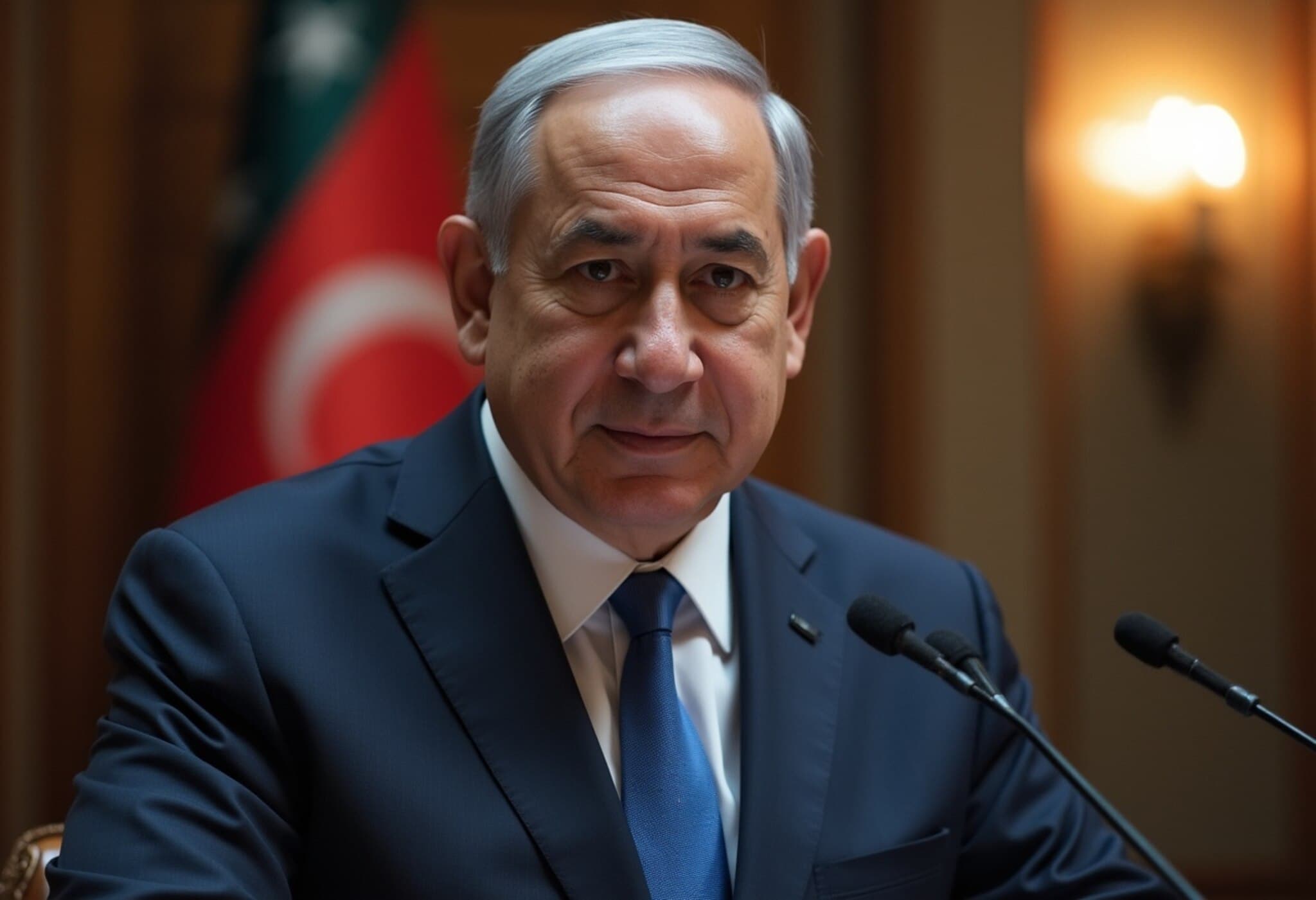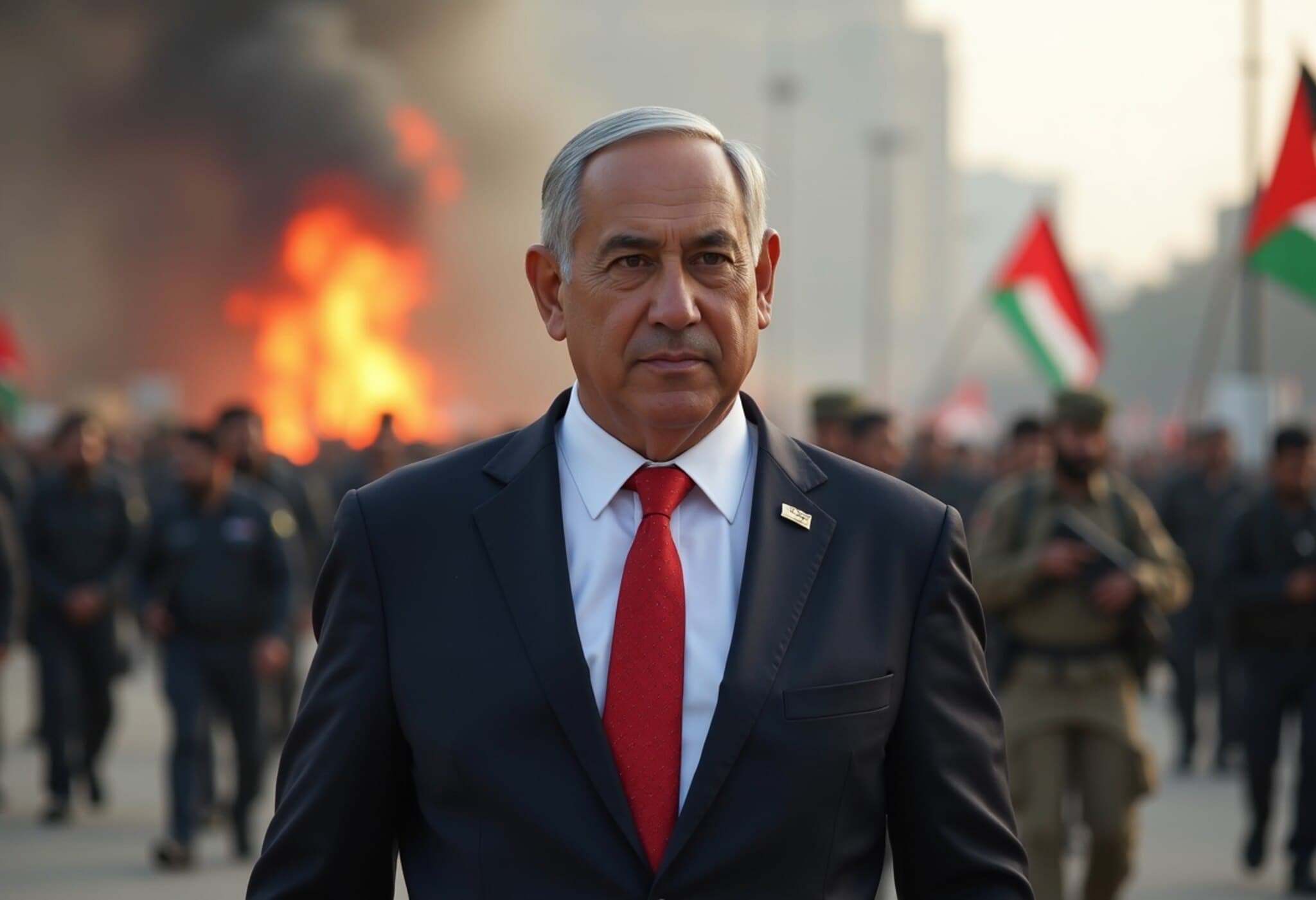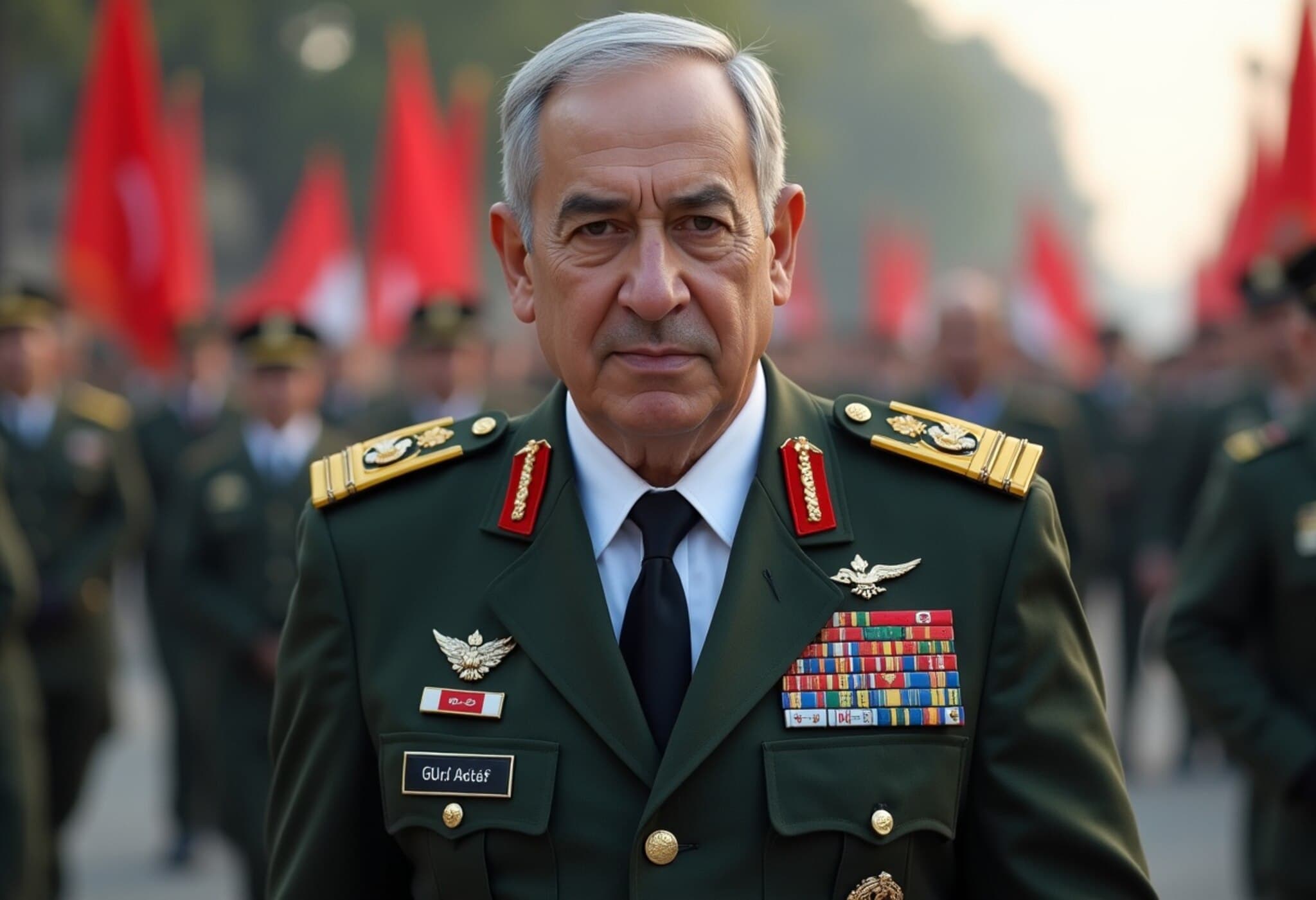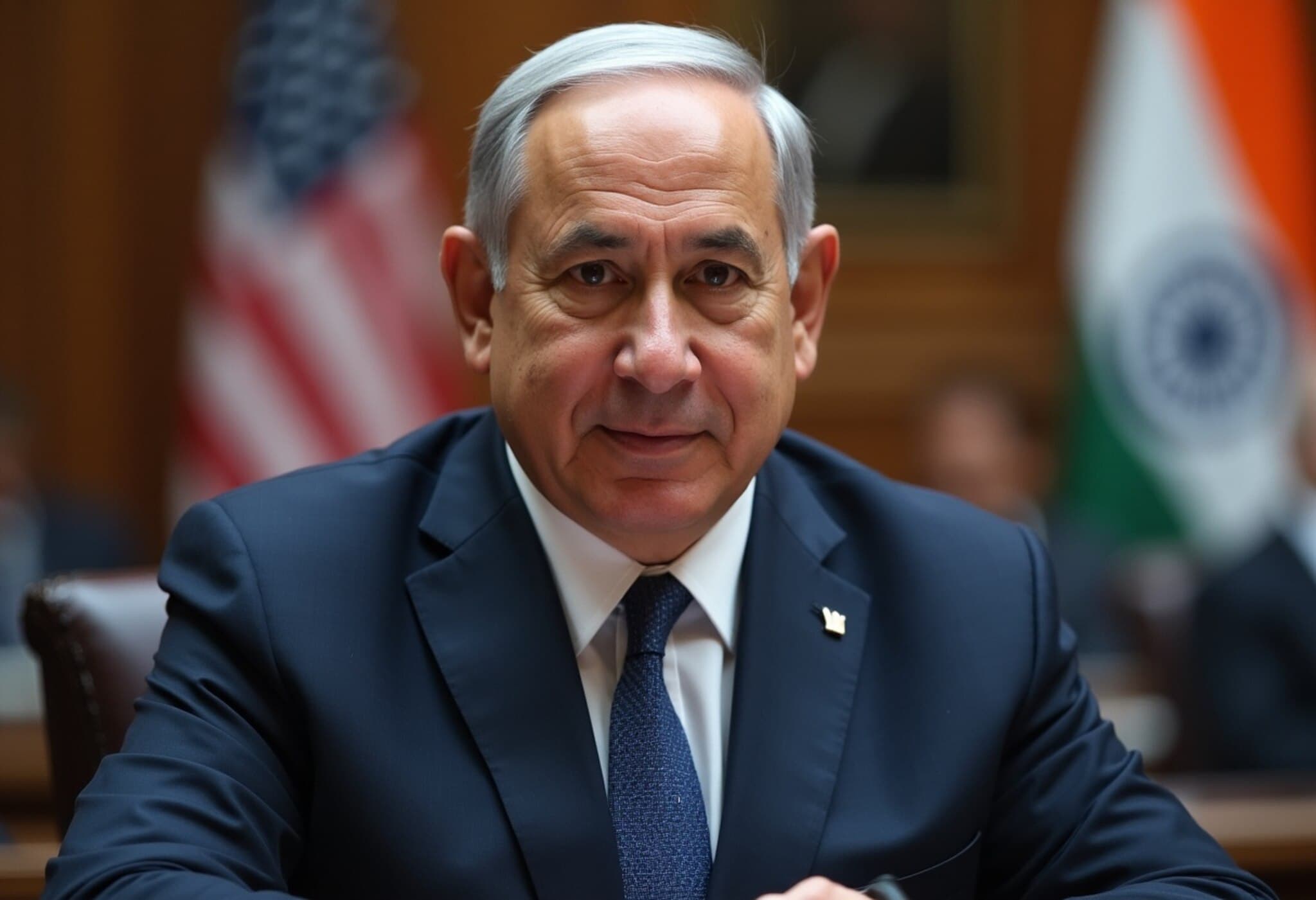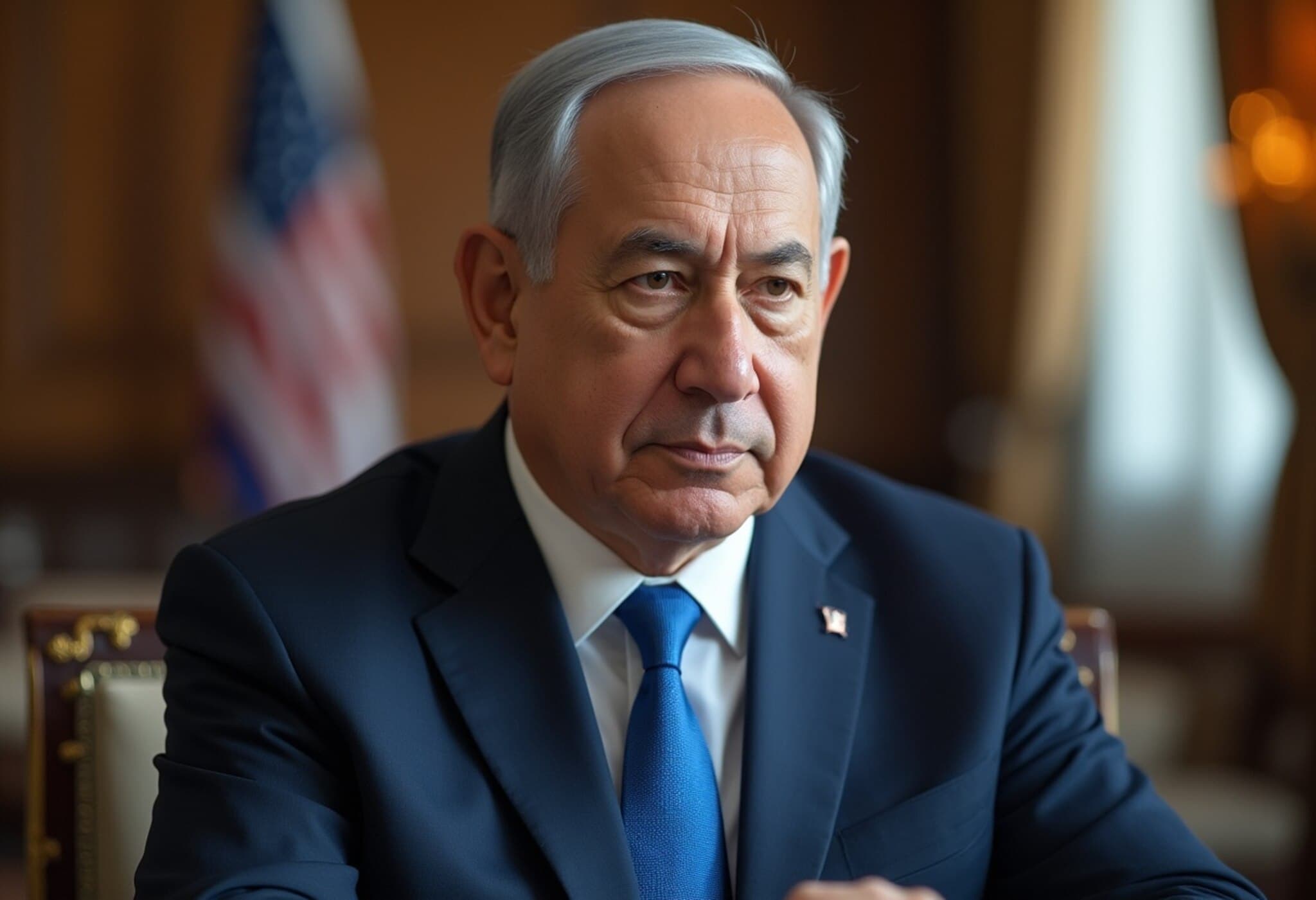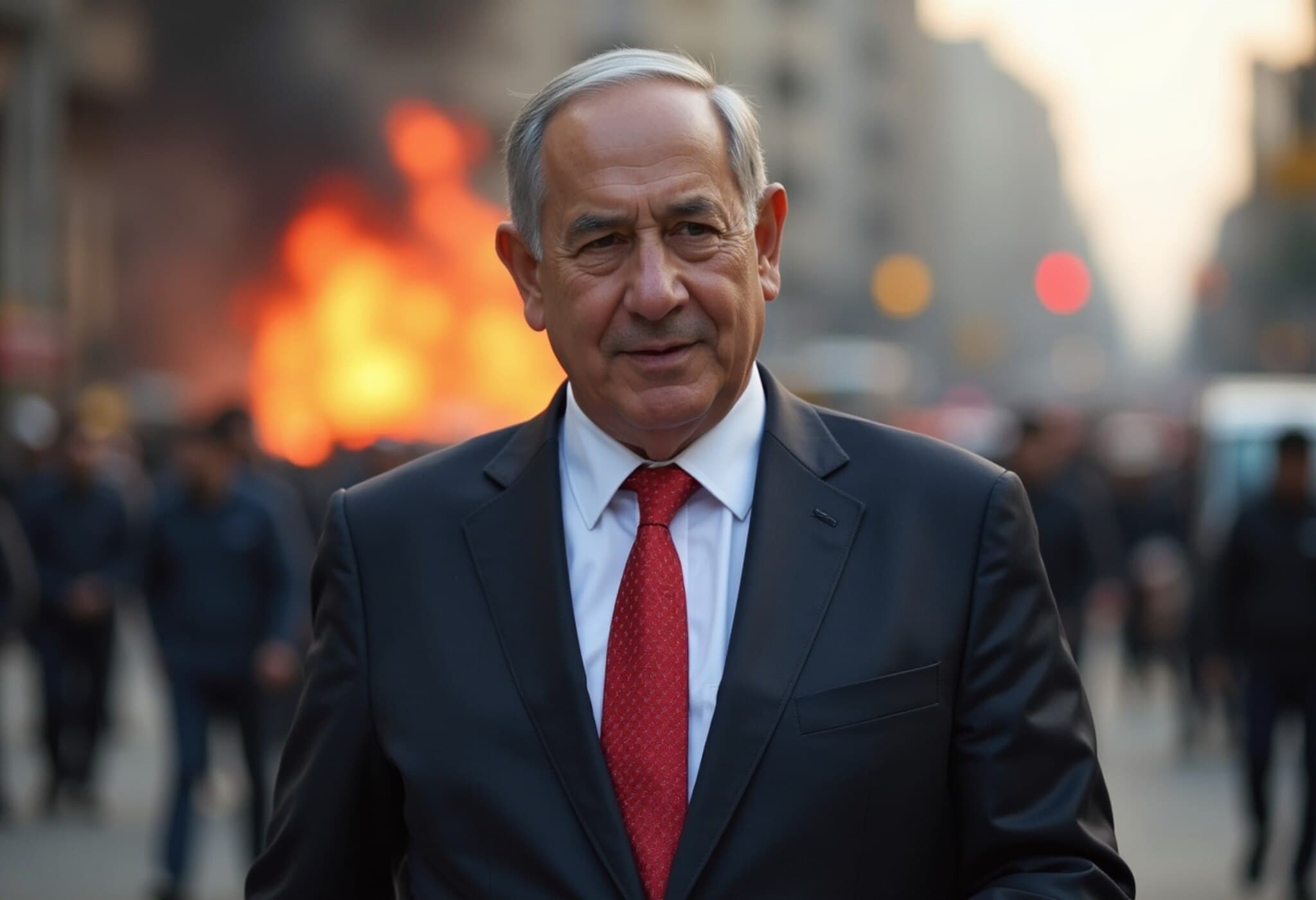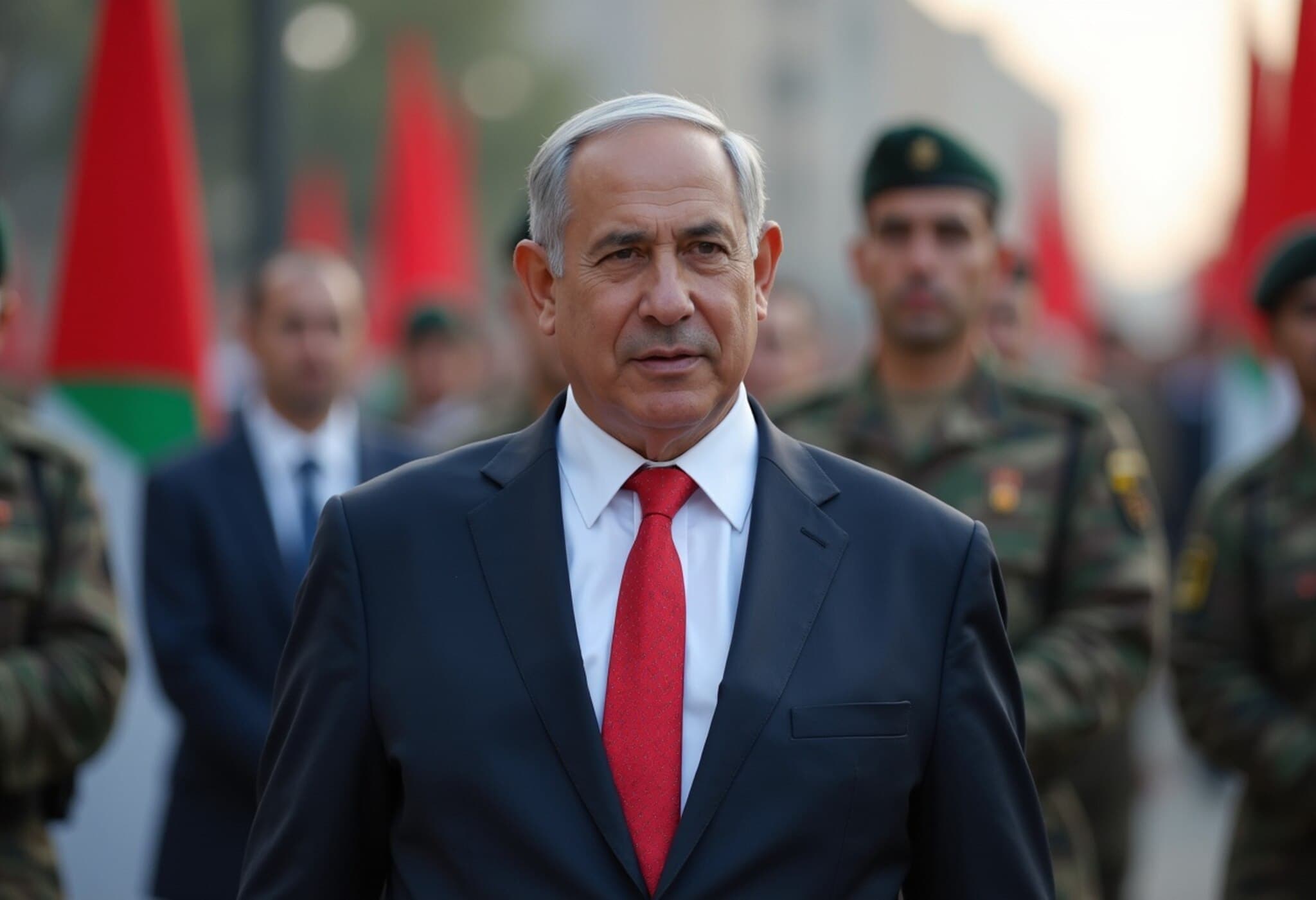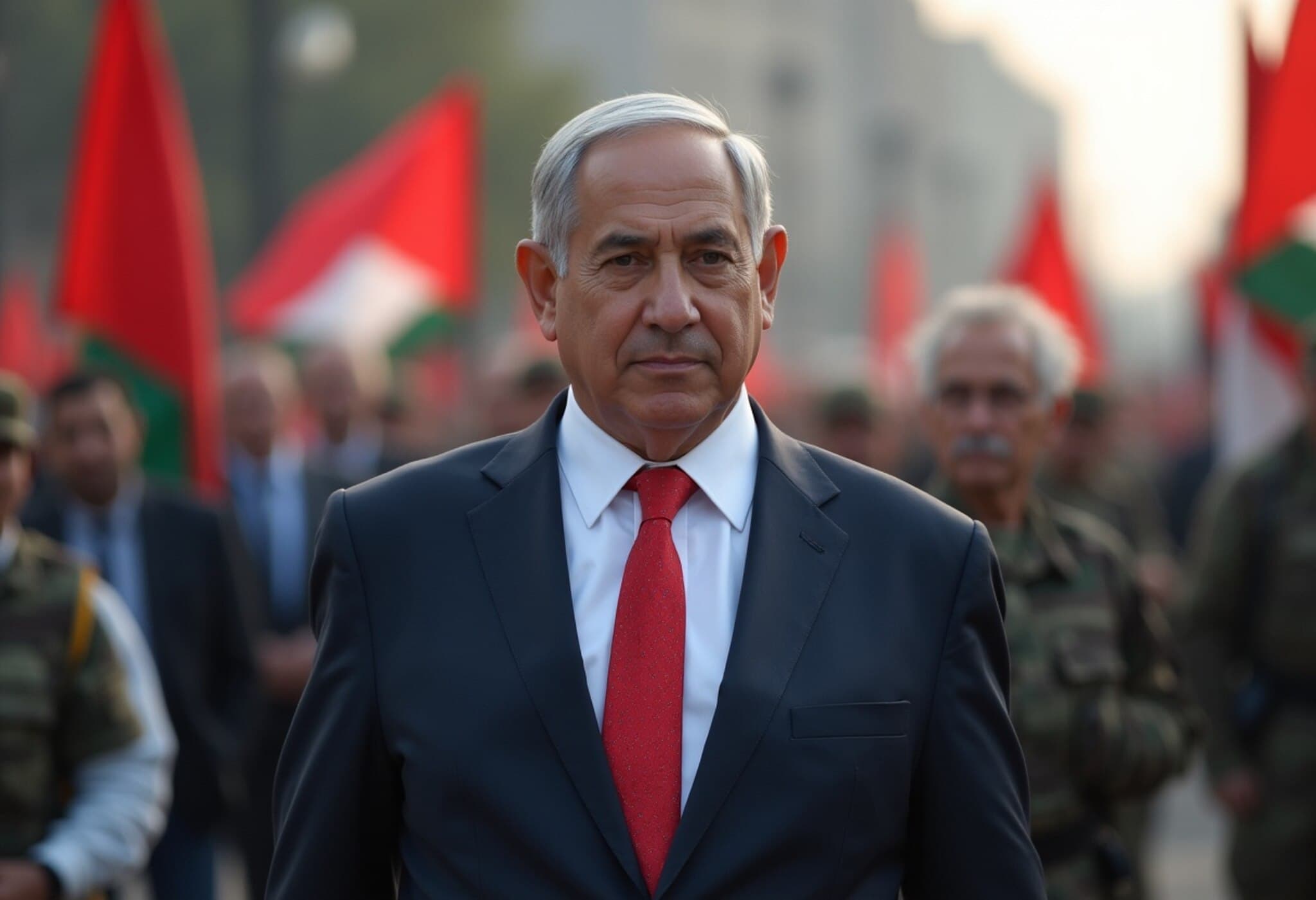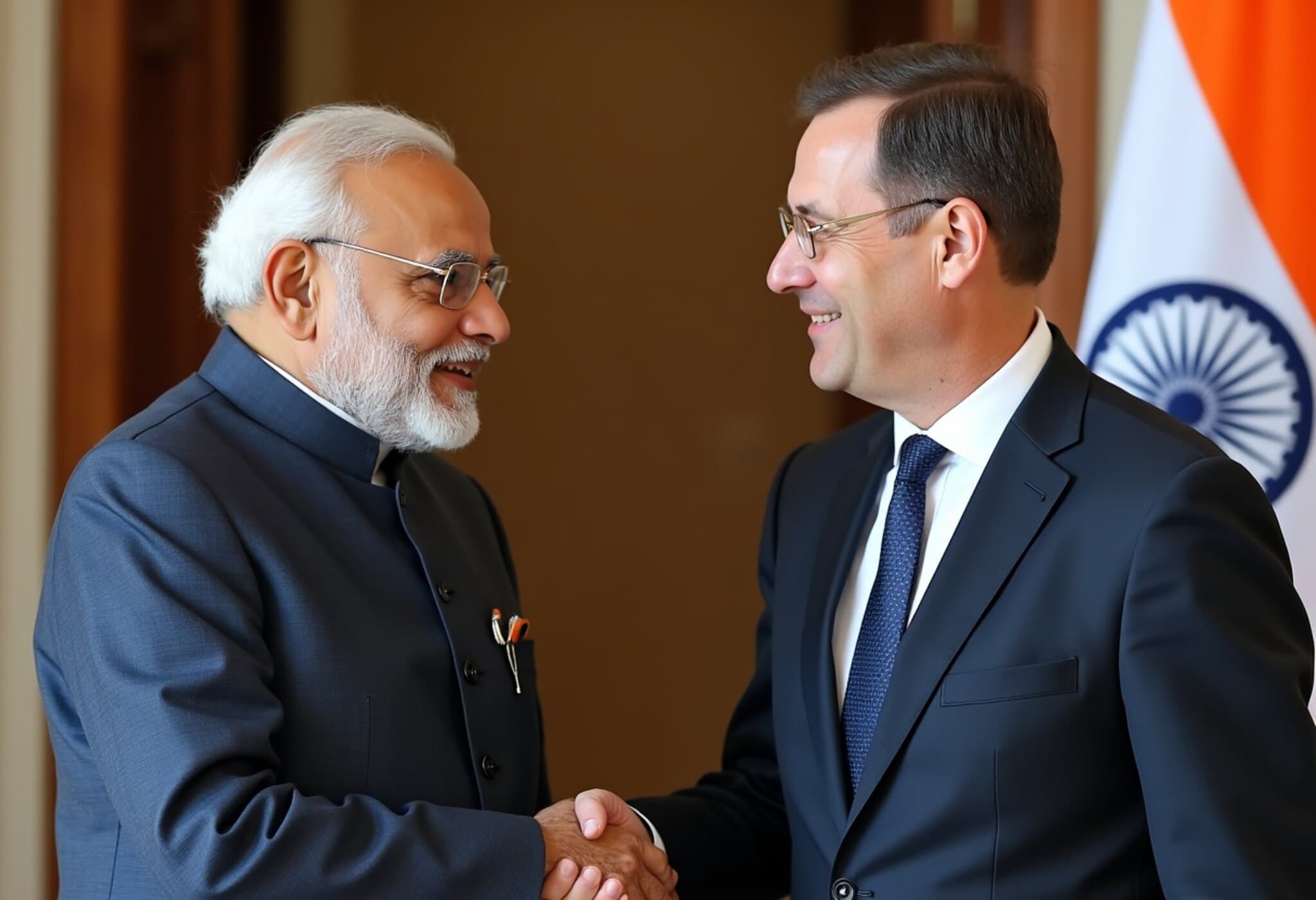Netanyahu Officially Acknowledges Armenian Genocide for the First Time
In an unprecedented move that signals a significant shift in Israeli foreign policy, Prime Minister Benjamin Netanyahu has publicly recognized the Armenian genocide, a mass atrocity committed by the Ottoman Empire during World War I. This acknowledgment marks a historic first for an Israeli leader, coming at a moment when Israel's diplomatic relations with Turkey are increasingly strained over Ankara's support for Hamas.
Context and Diplomatic Underpinnings
Netanyahu made this declaration during a podcast interview with Armenian-born host Patrick Bet-David, where he noted, "I just did. Here you go." He also referenced a supposed Knesset resolution recognizing the genocide, though such a formal parliamentary resolution has never been passed in Israel. This candid admission nonetheless reflects evolving attitudes in Israeli leadership regarding the long-suppressed acknowledgment of the Armenian genocide.
The recognition comes as relations between Israel and Turkey have deteriorated sharply due to Turkey’s open backing of Hamas, the Palestinian militant group responsible for attacks on Israeli civilians. This geopolitical tension provides a backdrop in which Israel appears to be recalibrating its stance, possibly as a political signal to Ankara and an expression of solidarity with the Armenian community.
Understanding the Armenian Genocide
The Armenian genocide refers to the systematic mass killing and forced deportation of approximately 1.5 million Armenians by the Ottoman Empire beginning in 1915. Alongside the Armenians, other minority groups such as Greeks and Assyrians also suffered horrific atrocities. Historians widely recognize these events as among the first modern genocides, characterized by mass executions, starvation, and death marches towards desolate regions.
- April 24, 1915: Marked as the start, when hundreds of Armenian intellectuals were arrested and executed.
- Deportations: Forced marches into the Syrian Desert and Mesopotamia resulted in immense suffering and death.
- Casualties: An estimated 1.5 million Armenians perished.
Global Recognition and Turkey’s Denial
The genocide has been formally recognized by 34 countries, including the United States, France, and Italy. Notably, President Joe Biden’s 2021 official recognition was a milestone for international acknowledgment. France commemorates April 24 each year as a day of remembrance, establishing a precedent that many nations have followed.
Turkey, however, maintains a firm denial of the genocide classification. While conceding that many Armenians died during violent conflict, the Turkish government disputes the characterization of a calculated, systematic extermination, leading to longstanding diplomatic friction with nations recognizing the genocide.
Expert Insight: Why This Matters Now
Dr. Sarah Levinson, a Middle East policy expert, explains, "Israel’s decision to recognize the Armenian genocide amid escalating tensions with Turkey is a diplomatic signal underscoring how historical grievances intersect with current geopolitical conflicts. It’s also a nod to Israel’s own complex history with genocide and memory."
This acknowledgment could pave the way for deeper discussions about reconciliation, historical memory, and the complex interplay of diplomacy and morality in international relations.
Conclusion: Implications for Regional Politics
Netanyahu’s admission is likely to reverberate beyond symbolic recognition. It underscores a turning point where historical reckoning intersects with modern-day political challenges. For Israel, this move reflects both a moral stance and a pragmatic recalibration amid deteriorating ties with Turkey, highlighting how history continues to shape diplomacy.
Key Takeaways:
- Israel officially recognized the Armenian genocide for the first time, a notable departure from previous ambiguity.
- The recognition occurs amid strained Israel-Turkey relations affected by Turkey’s support for Hamas.
- Global acknowledgment of the genocide continues to impact diplomatic relations and historical discourse.
- Turkey’s denial remains a persistent source of tension with countries formally recognizing the genocide.
Editor's Note
Netanyahu’s recognition of the Armenian genocide is not just a historical footnote but a reflection of how past atrocities remain entangled with current geopolitical dynamics. As Israel and Turkey navigate the complexities of Middle Eastern politics, this acknowledgment prompts broader reflections on responsibility, memory, and the role history plays in international diplomacy. Readers are encouraged to consider how acknowledgment of historical truths can influence contemporary alliances and conflicts.

